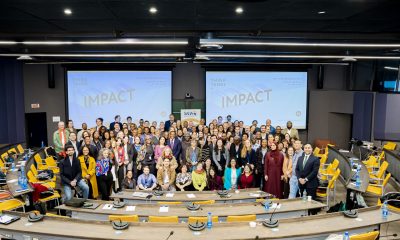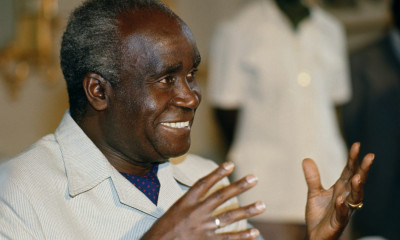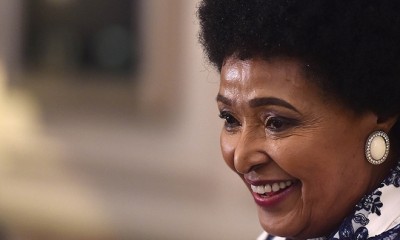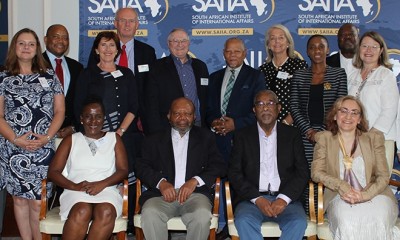Societies that advance quickly, identify and solve problems quickly – even when those are awkward or politically difficult. In stagnant societies, problems are greeted by officialdom with denial and punishment for the messenger. It is easy to say Africa should avoid a denialist culture, but how do we forge the kind of constructive, problem-solving political culture we need?
The first requisite is courageous leadership, which must let people speak out about problems without fear of punishment.
Television is one of the most misused, but potentially positive forces for change. It has the potential – through news, discussion shows, dramas, and various forms of educational programmes – to get Africa talking about its most pressing problems and needed solutions. And by showing that it is okay to talk about problems, television can help foster faster progress.
In the 1960s and 70s, much of the continent experimented with various forms of educational television with that goal in mind. For example, Niger built some 1,500 solar-powered television kiosks to get educational programmes to isolated rural villages. But Niger gave up on the expensive business of producing educational programmes and now mainly broadcasts cheap imported entertainment.
However, Africa is again getting creative with television. This issue looks at a range of African projects to assist education through television and it profiles Soul City, a creative initiative that uses drama to increase understanding of health and social issues and urge society to embrace constructive change. Africa has the television professionals, but governments must give them airtime and the determination to maintain their funding.
eAfrica, October 2005 also includes an analysis of Nepad, peer review and Africa’s development strategy by Elizabeth Sidiropoulos, the new national director at the South African Institute of International Affairs.






